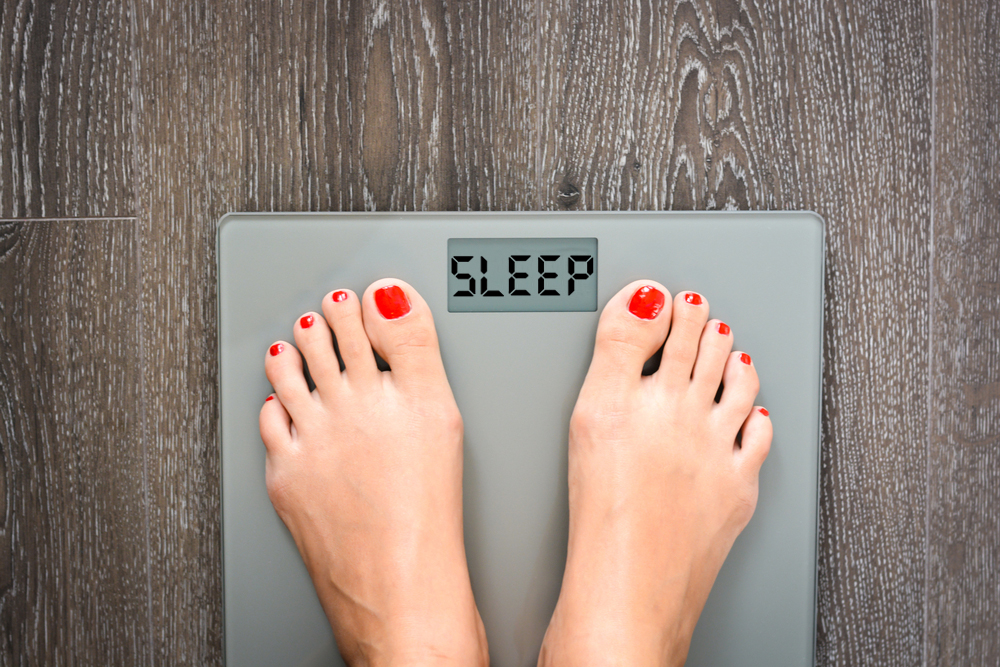
Original NCOA article on Sleep & Weight Guide available HERE. Excerpt below.
The science behind sleep and weight loss
Sleep–or lack of it–can have wide-ranging impacts on how your body functions. Without sleep, your body can’t always regulate the hormone and energy systems that play an integral role in your health.
Lack of sleep impacts your appetite
Sleep regulates two important hormones that influence appetite: ghrelin and leptin. Ghrelin tells your body it’s hungry, while leptin tells it you’re full.
Inadequate sleep disrupts these hormones. Short sleep duration increases ghrelin levels and decreases leptin levels. That means you feel more hungry throughout the day, but you’re less likely to feel satiated.
Increased hunger isn’t necessarily associated with bigger, more frequent meals. Instead, it’s associated with snacking. Research showed people who sleep less tend to snack on high-carbohydrate foods (like sugary sweets) to find more energy during the day. Foods with high sugar content lead to a higher risk of diabetes. Lack of sleep, poor dietary decisions, and obesity are directly related.
Sleep deprivation can cause your body to hold on to excess weight
One large two-year study of 810 people (average age of 50 years) showed that sleep can predict weight loss success. Over a six-month period, those with self-reported sleep disturbance had less success losing weight and kept a higher fat percentage compared to those who reported sleeping an adequate amount. Other studies agree that sleep deprivation is associated with more fat deposits, particularly around the torso.
One of the main reasons people store more body fat in response to sleep deprivation is higher levels of ghrelin and an increased appetite, but the two-year study suggested there are underlying reasons related to how the body releases and uses energy in a fatigued state. High ghrelin levels promote fat creation and storage in the body. While this is a normal process to turn food into stored energy for our daily activities, high ghrelin levels due to sleep deprivation could interfere with healthy amounts of fat storage and production, but scientists don’t fully understand this link yet.
Poor sleep can cause weight to regain
The same large two-year study also found that sleep deprivation negatively affects weight maintenance. Those who self-reported sleep deprivation but lost fat were more likely to regain it. Regained fat is likely due to increased appetite and snacking, but other underlying reasons remain unclear.
Learn more – Original NCOA article AND Sleep & Weight Guide available HERE.
